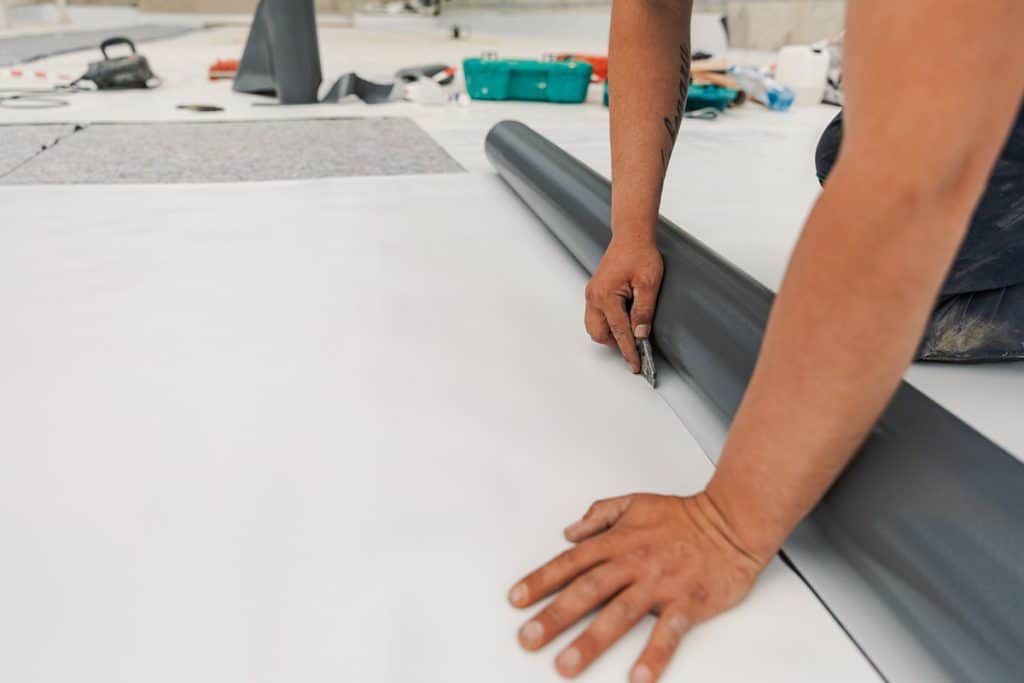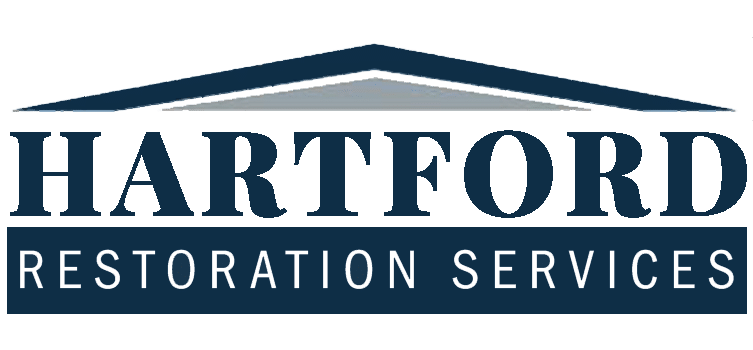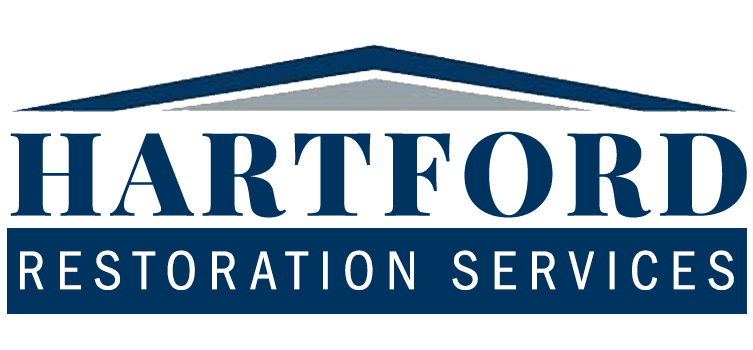The Role of Proper Insulation in Commercial Roofing Systems

In the realm of commercial construction, the roofing system plays a pivotal role in protecting a building from the elements, conserving energy, and ensuring the comfort of those inside. Among the components that contribute to a roofing system's effectiveness, insulation stands out for its critical role in enhancing energy efficiency, indoor comfort, and roof longevity. This blog post explores the importance of proper insulation in commercial roofing systems, detailing the benefits, types, and considerations for optimal performance.
Understanding Insulation in Roofing Systems
Insulation in a commercial roofing system is designed to provide a barrier against heat transfer. This is essential for maintaining a consistent indoor temperature, regardless of the outdoor weather conditions. By reducing the amount of heat that enters a building in the summer and retaining indoor heat during the winter, insulation significantly contributes to energy conservation and cost savings.
Types of Roofing Insulation
Several types of insulation materials are used in commercial roofing, each with its own unique properties, advantages, and applications:
1. Polyisocyanurate (Polyiso): A popular choice for commercial roofs, polyiso offers a high R-value (a measure of thermal resistance) per inch, making it efficient in controlling heat flow.
2. Extruded Polystyrene (XPS): XPS provides excellent moisture resistance and is known for its strength and durability. It's commonly used in areas requiring high compressive strength and moisture resistance.
3. Expanded Polystyrene (EPS): EPS is versatile and can be used in various applications. It offers a lower R-value per inch than polyiso but is cost-effective and provides good moisture resistance.
4. Spray Polyurethane Foam (SPF): SPF is applied on-site and expands to create a continuous insulation layer. It offers excellent air sealing and moisture resistance, along with a high R-value.
Considerations for Optimal Insulation
1. R-Value Requirements: The chosen insulation should meet or exceed local building codes for thermal resistance. Higher R-values represent better insulating properties, but the optimal R-value depends on the climate, building use, and specific energy goals.
2. Moisture Management: Proper insulation must also address moisture control to prevent water accumulation and damage. This involves selecting materials that resist moisture absorption and designing the roof system to allow for adequate drainage and drying.
3. Installation Quality: The effectiveness of insulation is heavily dependent on proper installation. Incorrect installation can lead to thermal bridging, gaps, and air leaks, undermining the insulation's performance. It's crucial to work with experienced contractors who understand the nuances of roofing insulation.
4. Compatibility with Roofing Materials: Insulation must be compatible with other components of the roofing system, including the membrane and deck. This compatibility ensures long-term performance and avoids material degradation.
5. Environmental Considerations: For buildings aiming for green certification or to minimize their environmental impact, choosing insulation with recycled content and low global warming potential (GWP) is essential.
Benefits of Proper Insulation
1. Energy Efficiency: Proper insulation reduces the need for heating and cooling, leading to lower energy bills. This efficiency is crucial for commercial buildings, where energy costs can constitute a significant portion of operational expenses.
2. Comfort: Insulation helps maintain a stable indoor climate, enhancing comfort for occupants. This is particularly important in commercial spaces, where comfort can impact productivity and customer satisfaction.
3. Durability: By protecting the roofing system from extreme temperature fluctuations, proper insulation can extend the lifespan of the roof. It prevents thermal shock, a condition where rapid temperature changes cause materials to expand and contract, leading to damage over time.
4. Condensation Control: Insulation helps prevent condensation by maintaining the roof's surface above the dew point. This is vital for avoiding water damage, mold growth, and structural issues.
5. Environmental Impact: Reducing energy consumption not only lowers operational costs but also decreases the building's carbon footprint, contributing to environmental sustainability.
Maintenance and Inspection
Regular maintenance and inspection are key to sustaining the performance of an insulated roofing system. Inspections can identify issues such as moisture ingress, damage to the insulation layer, and areas of energy loss. Maintenance might involve repairing or replacing damaged insulation, sealing leaks, and ensuring that the roof's drainage system is functioning properly.
Proper insulation is a cornerstone of effective commercial roofing systems, offering substantial benefits in terms of energy efficiency, durability, and occupant comfort. Working with skilled professionals to select and install the right insulation, and committing to regular maintenance, can ensure that a commercial roof meets its full potential as a protective and energy-conserving asset. The investment in proper insulation pays dividends in reduced energy costs, improved indoor environmental quality, and extended roof life, making it a critical component in the design and maintenance of commercial buildings.
Explore Solutions for Insulating Your Commercial Roof
Interested in learning more about insulating your commercial roof system? Contact Hartford Restoration Services to discuss your project.

